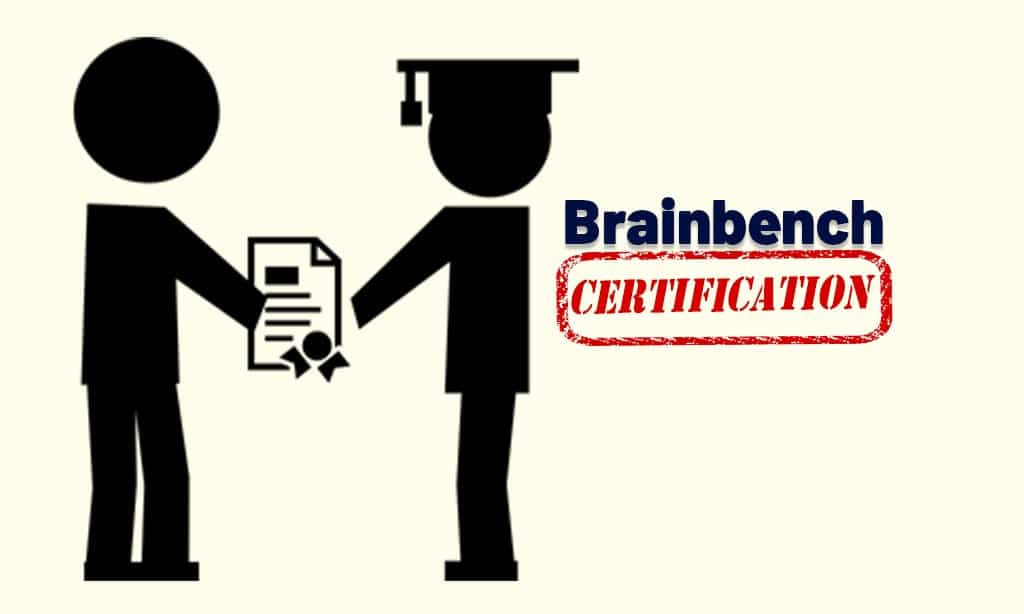Listen to the Podcast:
Kids grow up fast — every parent knows this all too well. In a matter of months, a helpless infant transforms into a dauntless toddler, and in a blink that baby is a teenager leaving home for good. In their earliest years, children develop incredibly quickly, gaining knowledge, skills and perspectives that will be with them for the rest of their lives. In fact, the preschool years are some of the most important for forming a child into the person they will always be — which is why choosing a preschool with a trustworthy curriculum is so critical for parents.
Whether you are interested in pursuing a child development degree and working in the field of early childhood education or you are a parent curious about your preschool options, here are six of the most interesting curricula to know about.
Bank Street
One of the first preschool curriculums to be developed, Bank Street emerged from New York City at the start of the 20th century when a group of educated women became interested in researching and experimenting with strategies for early childhood education. Initially a nursery school for children under 3 years, Bank Street developed a method of encouraging cognitive, emotional, physical and social development in young children that eventually influenced many other popular preschool curricula through the 20th and 21st centuries. The underlying philosophy of the Bank Street Method is that children can become lifelong learners if teachers show them how to learn through their environment; thus, Bank Street is considered a play-based curriculum, in which teachers educate through fun and engaging toys and games.
HighScope
Launched in the 1960s based on popular theories of psychology and sociology, the HighScope method was initially intended to help the most vulnerable communities attain a high level of development and success through early childhood education. Indeed, studies on HighScope have found that students enrolled in these preschool programs are much less likely to engage in criminal activity and more likely to enjoy higher levels of income than peers in their communities. HighScope is a play-based curriculum that strives to give students hands-on experiences in real-world situations, so they can build skills like problem-solving and conflict resolution from a young age.
Montessori
One of the most well-known preschool curricula, Montessori has become famous for its minimalist design, which is appealing to parents and children alike. Another curriculum to come out of the 1960s, the Montessori method is based on the research and practices of Italian physician Maria Montessori, who initially developed her child-focused approach to help children with disabilities gain skills and confidence. Though still play-based, Montessori does incorporate a number of important disciplines, including geography, Math Programs, science, language and cultural studies. However, unlike other preschool classrooms, Montessori spaces have no desks, and children are encouraged to move freely and explore materials at their own pace.
Waldorf
Sometimes conflated with Montessori, Waldorf is another attractive preschool curriculum with highly aesthetic elements that draw parents in. In truth, Waldorf predates Montessori, as it was developed in the early 20th century by an eccentric Austrian named Rudolf Steiner. Today, Waldorf boasts the largest independent school movement in the world, thanks in no small part to its creative learning approach which includes an abundance of imaginative play, practical life experience and outdoor immersion.
Reggio Emilia
Another preschool curriculum created in Italy in the mid-20th century, Reggio Emilia is named after the town in which it was first applied. Like elsewhere in Italy, the community of Reggio Emilia was eager to make social changes that ensured stronger relationships and greater economic support amongst residents. Based on the work of a local pedagogic, Loris Malaguzzi, the schools of Reggio Emilia began following a new curriculum in which children were guaranteed certain rights that allowed them greater control over their environment and activities. Practised around the world, Reggio Emilia is highly regarded as one of the most effective approaches to education.
Parent Co-ops
Though not rigidly defined preschool curricula like the others on this list, parent-cooperative preschools are rising in popularity as many parents find themselves dissatisfied with the curricula of schools in their area. This type of preschool tends to follow a curriculum created and managed by parents within a community, who come together based on shared values and interests. It is not uncommon for parent co-ops to have some foundation in faith.
Young kids are developing at an astonishing rate, and educators need to be equipped with the knowledge and tools to help children gain the skills that will help them find success throughout their lives. Parents should evaluate the curricula listed above and others to determine the best preschool option for their littlest ones.












































